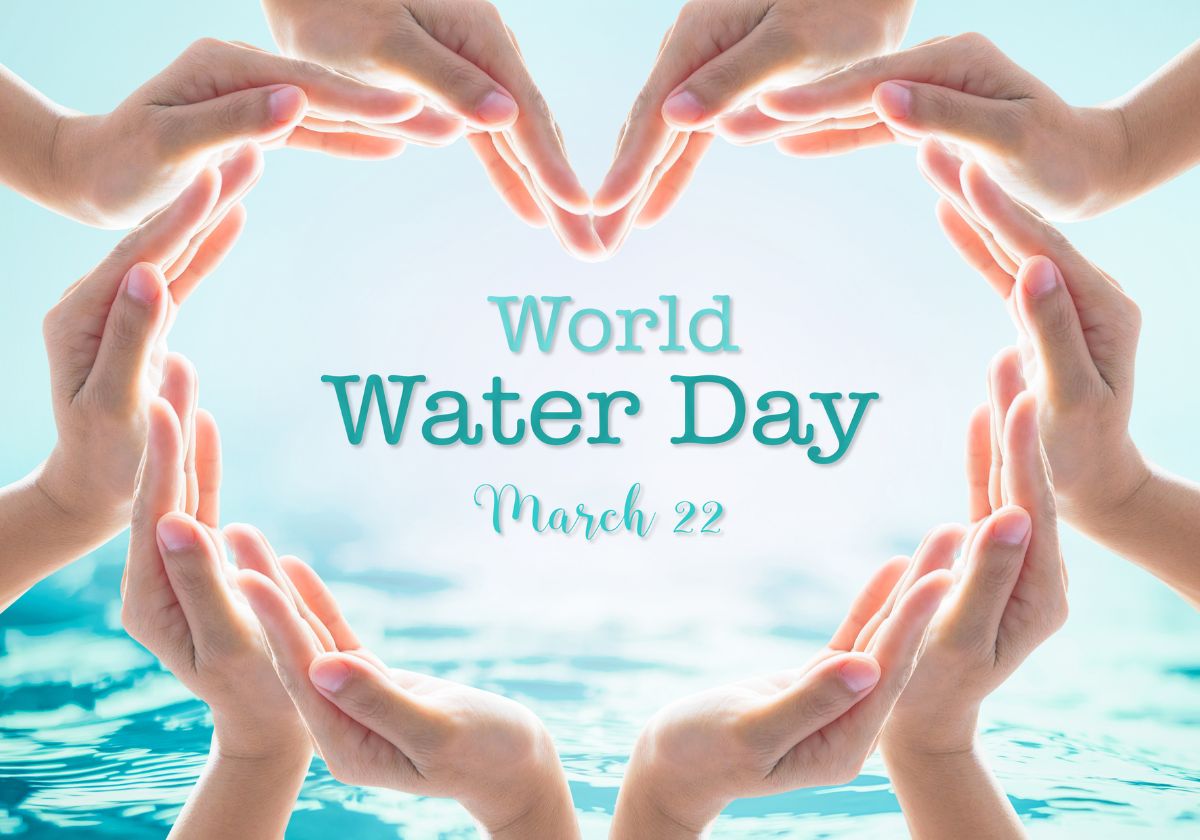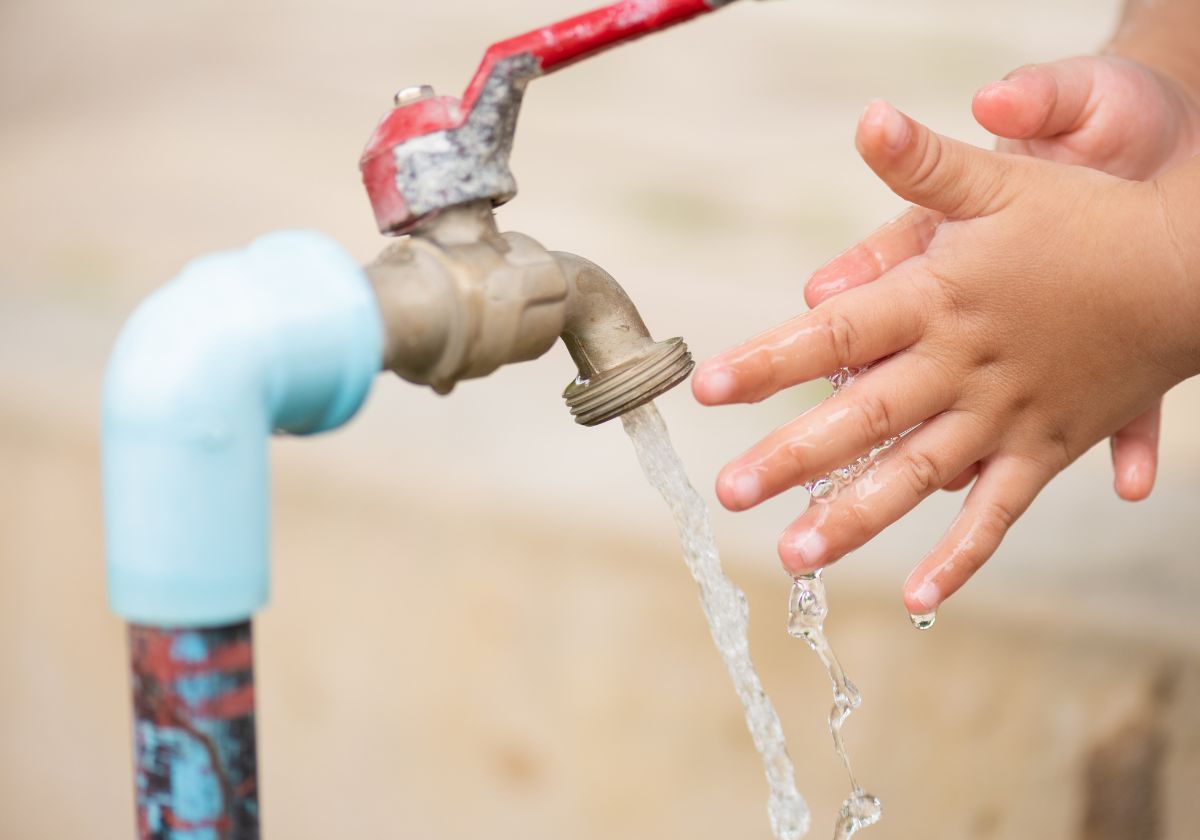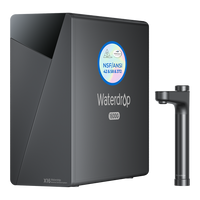World Water Day: What is it?
The 22nd of March is a worldwide United Nations observation day aimed at increasing awareness about the significance of freshwater. The purpose of this day is to advocate for initiatives targeted at addressing the global water problem and to increase consciousness about the 2.2 billion individuals who do not have access to safe drinking water.
In order to contribute to the achievement of
Sustainable Development Goal 6 , which is to ensure that all people have access to clean water and sanitation by the year 2030, one of the critical goals of World Water Day is to make this contribution. Many organizations, governments, and stakeholders worldwide continue to acknowledge and tackle the crucial significance of water in ecological systems, agriculture, public health, and economics
Background
UNCED declared the observance of Water Day. The conference took place in Rio de Janeiro, a city in Brazil, in June 1992. During the meeting, Agenda 21, a comprehensive strategy to mitigate human environmental impact, proposed the worldwide commemoration of water resources. In response to this proposal, the General Assembly of the United Nations passed resolution
A/RES/47/193 on December 22, 1992. This resolution formally designated March 22 as “World Day for Water” and made it an annual event to be observed.
Since its first commemoration in 1993, World Water Day has grown in acknowledgment and scope. In addition to highlighting the critical significance of fresh water, the day celebrates the careful management of freshwater resources. World Water Day is an annual event that aims to raise awareness about water-related problems and inspire individuals to take action in response to global water challenges.

The establishment of World Water Day may be traced back to its development throughout time, including the initiation of the
“Water for Life Decade” in 2005. This initiative seeks to increase public knowledge of the United Nations’ water-focused initiatives and highlight the importance of women in water conservation efforts (2005-15). The “International Decade for Action” (Water for Sustainable Development) (2018–28) and the “International Year of Cooperation in the Water Sphere” (2013) are two significant events that exemplify the continuous dedication to tackling water and sanitation concerns as vital components for promoting environmental sustainability, alleviating poverty, and stimulating economic development.
The Theme for 2024: Water for Peace
In 2024, World Water Day will have the theme “Water for Peace,” emphasizing the crucial significance of water management in fostering stability and peace. Competition over limited resources, particularly water, can exacerbate tensions among countries and people. However, equitable water management may also catalyze fostering peace. In light of the escalating impacts of environmental change and population increase, the significance of cooperation has become more paramount in ensuring the protection and preservation of our finite water resources.
The Best Possible Solution for Water Safety
The Waterdrop water filtration systems, which ensure the provision of drinkable water to up to six million homes by 2023, exemplify a concrete implementation. Furthermore, the Waterdrop water system effectively ensures security measures in institutional settings that adhere to the World Health Organization (WHO) requirements. It promotes lasting habit change by emphasizing the importance of cleanliness.
The G3P800 reverse osmosis system, certified by SGS, employs a 9-stage water treatment system to eliminate pollutants. It is also NSF-approved for its ability to reduce total dissolved solids (TDS) and use lead-free components. The product incorporates an environmentally sustainable LED light that effectively eradicates germs and viruses without the need for mercury. Additionally, the water filter is designed to save water by producing a mere one cup of trash for every three cups of filtered water. Moreover, it improves overall well-being by replenishing vital minerals and trace elements in the purified water.
Outcomes
World Water Day’s engaging efforts and awareness campaigns substantially draw attention to critical water-related challenges. The wide-ranging influence of social media stimulates debate and enhances global consciousness. In particular, hashtags such as #Water2me and #WorldWaterDay are particularly successful in combining public interaction with celebrity support to raise awareness of the significance of water beyond national lines.
In addition, these campaigns function as a catalyst, bringing about genuine changes by persuading stakeholders from other critical sectors, such as the business sector, the healthcare sector, the educational sector, and other vital sectors, to embrace sustainable practices and technology. The aims include combating the water issue and advocating for environmental responsibility.
World Water Day highlights the crucial significance of water in guaranteeing food security, extending beyond the obvious advantages of health and sanitation. The disparity between the effective use of water in agricultural practices and its insufficient allocation for human consumption underscores the pressing need to optimize water production to mitigate hunger and enhance food quality. Implementing sanitation, hygiene, and water quality initiatives is of utmost importance due to the significant ramifications of unclean water, which may lead to malnutrition irrespective of dietary consumption.
World Water Day has two primary impacts: it heightens consciousness about water’s significance. It inspires individuals to engage in proactive measures by directly prioritizing education and infrastructure development to enhance nutrition, wellness, and sustainability. This establishes a connection between little activities that individuals may do at various levels to enhance the global management of water resources.









































































